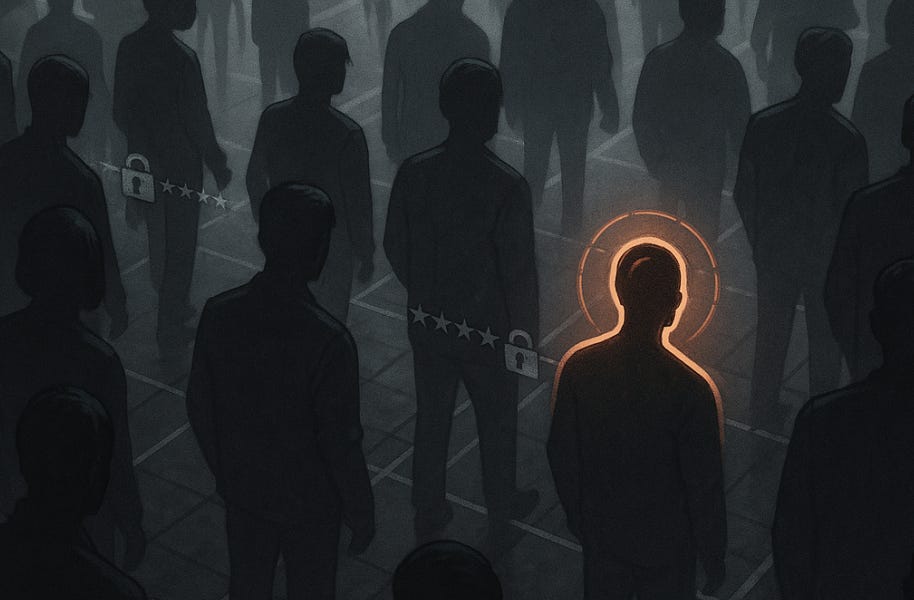At the re:publica internet conference, Federal Digital Minister Karsten Wildberger (CDU) took up the cudgels for greater digital sovereignty in Germany and Europe. He wants to make open standards and open source the "guiding principle", emphasized the former CEO of Ceconomy (MediaMarkt and Saturn) on Tuesday in Berlin.
All the discussions he has had in his four weeks in office "include precisely these topics". The urgency to become more independent of traditional software providers, cloud service providers and big tech companies from the USA is "greater than ever". However, it will not be possible to simply flip a switch here. Rather, it is possible to raise awareness for change.
According to Wildberger, German and European IT solutions offer the opportunity to create platforms and build technologies that are based on "our values". He specifically mentioned freedom, the rule of law, justice, openness, the social market economy and a functioning community. What is needed is a Germany stack, i.e. a uniform IT infrastructure with cloud and IT services that do not have to be built 20 times each. Every citizen should also receive a digital identity via the planned EU wallet (EUDI).
Currently, over 75 percent of European cloud data is "in the hands of US hyperscalers", the minister said, referring to the strength of AWS, Google, Microsoft & Co. "Why?" he asked the audience. This approach has no future; the German government is committed to European structures in the computer clouds. These are "part of a fair, open and innovation-driven competition".
Sensitive payment data leaving the EU legal area
The former manager also believes there is an urgent need for alternative offers for digital payments "that are accepted and give citizens a more secure feeling". This requires a trustworthy infrastructure with the highest security standards. Currently, 80 percent of payment providers do not come from Europe, meaning that a lot of sensitive data leaves "our jurisdiction". However, he did not address the plans for a digital euro. With social media, it is also important to act in a decentralized manner and work with open interfaces to improve exchange.
Achieving a digital administration with functioning e-government is another "big issue" that Wildberger wants to tackle. Other countries are orchestrating this more centrally, but he does not yet have all the answers for a solution. He aims to set up a federal IT security center in close cooperation with the Federal Office for Information Security (BSI) to create the basic requirements for digital services, for example. The country also needs an "economic push forward". The location must also be attractive for start-ups in the data economy and AI sectors. The state's task here is to create a free space for start-ups in which they can "build something themselves".
When asked whether the emerging Federal Ministry for Digital and State Modernization had already set up a "signal group" for messaging exchange, the head of department replied that the ministry was still "on a wild goose chase" following the US TeleMessage affair. It was still sounding out which infrastructure would be best for this. In any case, the high security requirements had to be met: "We are paying a little attention to how we communicate." WhatsApp will not be used in any case. In the current phase, a lot is being done by phone and face-to-face communication.
(mki)
.png)



